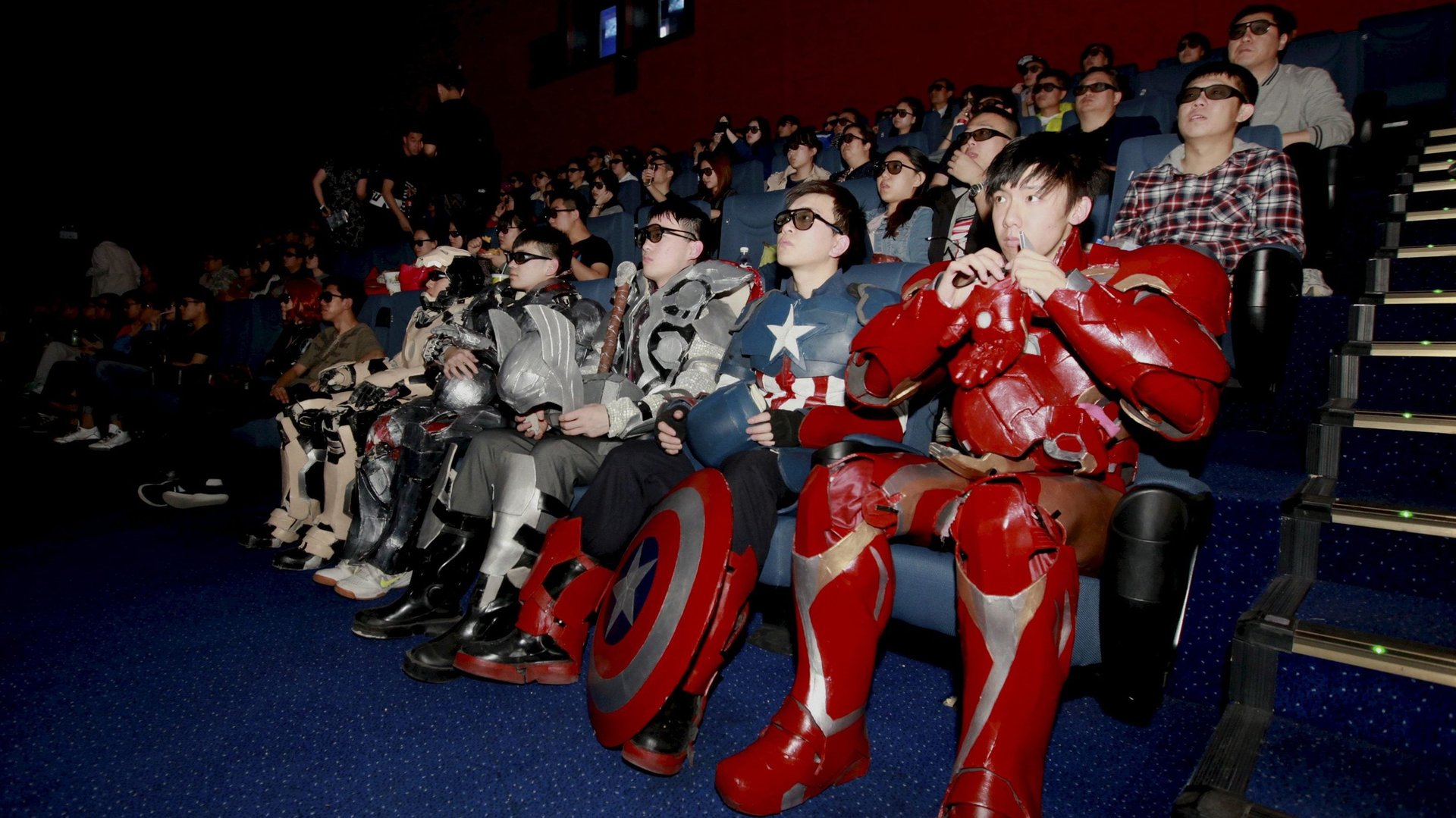The box office has a simple message for China’s movie studios
One of the most expensive movies ever made in China has been a spectacular failure on its very first weekend. Meanwhile, a movie made for just $15 million that opened the previous weekend is already among China’s highest-grossing movies ever.


One of the most expensive movies ever made in China has been a spectacular failure on its very first weekend. Meanwhile, a movie made for just $15 million that opened the previous weekend is already among China’s highest-grossing movies ever.
Investors and producers had high expectations of Asura, which cost some $113 million and took six years to make, hoping it could be the start of a Chinese fantasy epic franchise akin to Lord of the Rings. Instead, it took in just over $7 million after its nationwide opening Friday (July 13)—and then was suddenly yanked from theaters. The decision by investors was announced last night on social media site Weibo (link in Chinese), without offering a reason for it. A representative for Zhenjian Film, one of the film’s co-producers, in an interview with Chinese news site Sina, blamed the low sales in part on an “unfair rating system” (link in Chinese) on platforms such as the online ticketing site Maoyan.
It wouldn’t be the first time film reviews have been blamed for a movie’s poor performance in China—but movie-makers might want to consider another possibility: Maybe it’s the film.
Take, for example, the stunning contrast provided by Dying to Survive, a movie made for $15 million (link in Chinese) that opened July 5. Its early screenings generated terrific buzz, leading it to rake in $50 million even before it was officially in cinemas. The Monday after its opening weekend, the stock price of Alibaba Pictures, one of its producers, jumped 7%.
The movie, a dark comedy about the lengths patients go to for cheap cancer drugs, was one cinema-goers in China could personally relate to, being literally ripped from China’s headlines. It even led to a change in China’s drug tariffs. Its ticket sales have since hit $370 million, spurred by rave reviews on sites like the IMDB-esque Douban (link in Chinese).
Asura, meanwhile, got a rating of 6.4/10 (link in Chinese) on Maoyan and did even worse on Douban, where it’s at 3/10 (link in Chinese), putting the film at the bottom tier for its genre. One popular comment might explain how many people felt about the film, which is based on Buddhist mythology and tells the story of a shepherd whose mission it is to protect the realm of pure desire from an attempted coup. “Awkward lines, not much plot, somewhat boring to watch… It’s a failure of domestic-made fantasy,” a user wrote on Maoyan, saying he gave it points mainly for its special effects. The post garnered the most likes among the comments on the movie.
Dying to Survive is nearly halfway to the 5.6 billion yuan ($850 million) taken by (link in Chinese) Wolf Warrior 2, the highest-grossing film (link in Chinese) in China of all time. A patriotic action movie set in a generic African country, the film shows a Chinese soldier playing the life-saving hero (the movie is also about punishing those who offend China).
There’s a lesson here for Chinese studios like Alibaba Pictures, owned by Alibaba Group, China’s largest online retailer, which had a hand in financing all three films. While Chinese audiences love action and special effects, they can get those just as well from Hollywood. What they can’t get from Hollywood are movies that speak to the grim realities of China at home—or that show off China’s growing might abroad.